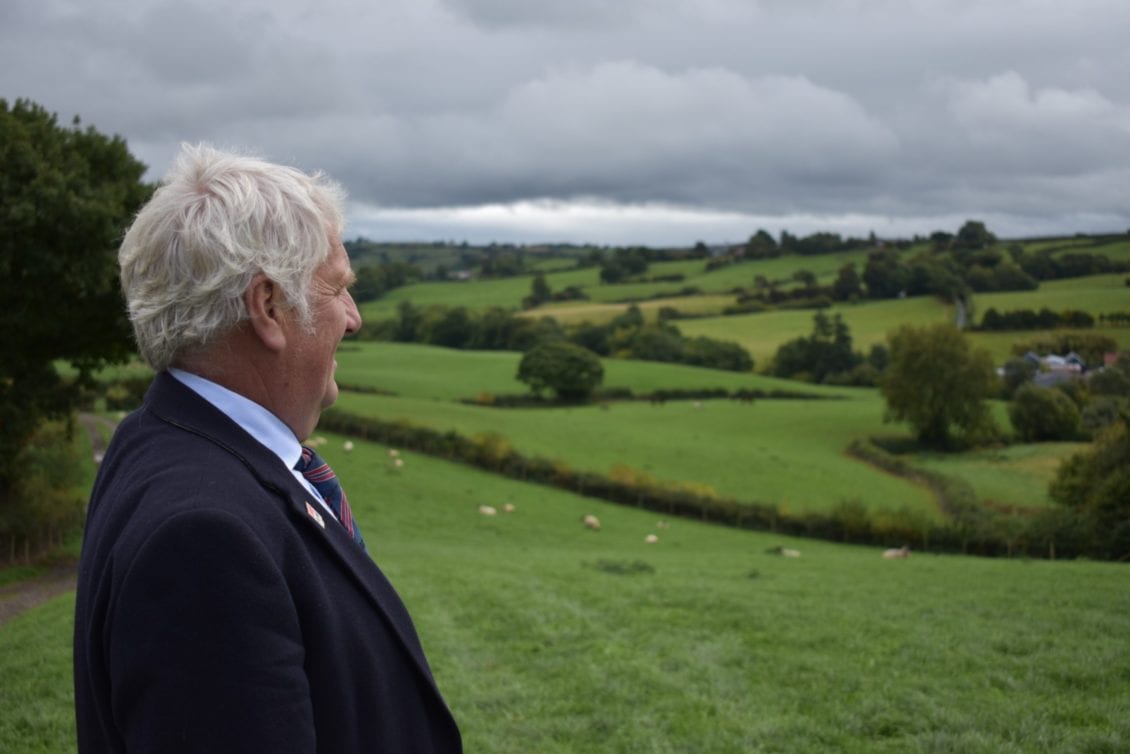The Farmers’ Union of Wales has branded the UK Government’s decision to slash Wales’ agricultural budget as a ‘Brexit betrayal’, after chancellor Rishi Sunak revealed in Wednesday’s (November 25) spending review that the budget would be cut by at least £95 million for the coming financial year.
Following a 2019 Conservative Manifesto promise, the Wales’ agricultural and rural development budget was expected to have been £337 million, but the 2021-2022 budget will now be £242 million – a cut of around 28% – while the full loss when projected RDP spend and the 15% pillar transfer is taken into account is £137m.
The announcement came two days after the three devolved governments (Wales, Scotland and Northern Ireland) wrote jointly to Defra Secretary George Eustice urging him to provide assurances that the budget for agriculture would be maintained, and almost a fortnight after FUW President Glyn Roberts wrote to Secretary of State for Wales Simon Hart asking the same.
“The 2019 Conservative Manifesto stated ‘…we will guarantee the current annual budget to farmers in every year of the next Parliament’, thereby securing the votes of many farmers in Welsh constituencies,” said Mr Roberts.
The manifesto promise repeated those made by leaders of the Brexit campaign, many of whom now occupy the highest offices of government.
“The decision to slash the budget is therefore a complete betrayal of the farmers who have kept producing food and feeding the nation throughout the coronavirus pandemic, and adds to the extreme anger already felt following the UK government’s decision to oppose a legislative ‘red line’ in the Agriculture Bill that would have prevented the importation of low quality food in future trade deals,”said Mr Roberts.
Direct Payments make up around 80% of average Welsh farm incomes.
“The significant impacts such a cut in funding will have on Welsh farms, agricultural businesses and rural communities are clear, and these will come at a time when the industry is already anticipating major problems due to non-tariff barriers, unfair competition from sub-standard imports and the possibility of massive EU tariff barriers in the event of a ‘no-deal Brexit’,” he added.
The need to ensure a UK-EU trade deal is in place at the end of the EU withdrawal period and urgently address major non-tariff barriers and other issues was highlighted in a joint Welsh food industry letter to prime minister Boris Johnson just days before the spending review.
“Farmers, businesses and rural constituents were promised an ‘oven-ready deal’, minimum trade friction and that the agricultural budget would be maintained.
“While the FUW was sceptical about such promises, many accepted them in good faith. What has transpired can only be described as a Brexit betrayal that will have far-reaching consequences for family farms, rural businesses and communities,” he added.







Leave a Reply
View Comments